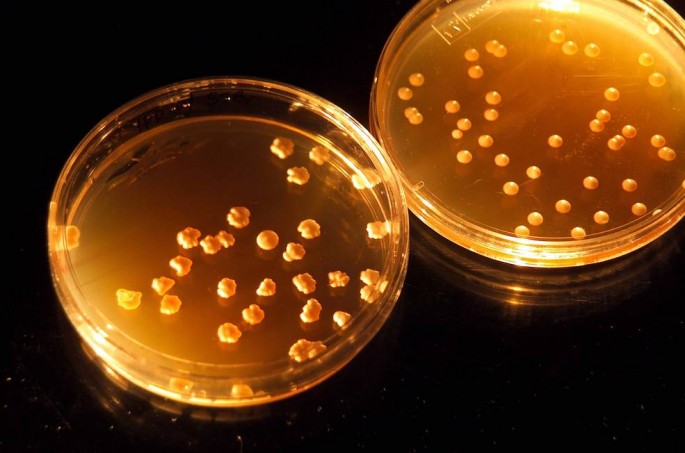NASA awarded a grant to a team that proposed a project that can recycle human urine and exhaled breath to propagate certain yeasts in space in order to produce genetically modified fats that possess nutritional value and even plastic products during deep space travel.
Researchers from South Carolina's Clemson University led by Mark Blenner says that during long term space travel, there is a crucial need to utilize every bit of waste that are produced on the space vehicle. He adds, the key here is all about recycling since it is not possible to acquire new and raw materials in space.
The announcement was made by NASA last August 14 where the space agency selected eight research groups from different universities that are considered to be potential game changers to improve deep space travel.
According to associate administrator of NASA's Space Technology Missions Directorate, Steve Jurczyk, these early career researchers will fuel NASA's innovation strategies and since technology is driving exploration, investing in these technologies is absolutely essential in order to face the challenges that will arrive upon the first human journey towards Mars.
NASA has declared their mission to colonize Mars by the year 2030.
In order to do so, Blenner and his team will provide pivotal technology in the form of recycling human waste. His research will not provide a complete nutritious meal for the astronauts but can readily provide omega 3 fatty acids that are also present in fish and this can be an important step that can pave the way for astronauts to sustain themselves in space.
Recently, the crew aboard the International Space Station already tasted the first ever vegetables grown in space which is lettuce.
Their research will focus on yeast that are micro organisms that are responsible for bread and alcohol in beer. Blenner and team will genetically modify yeasts that will generate fats instead where all energy will concentrate on producing fat.
However, in order to produce yeast and grow them, they will need to feed on human waste. Nitrogen needed for yeast diet can come from the astronauts' urine. On the other hand, the carbon they need will be present from the exhaled carbon dioxide from human breath. An algae garden on the ship can also digest this carbon dioxide where they can produce oxygen and store carbon in a form that the yeasts can digest.
Blenner also believes that the yeasts can even use human waste to produce tiny plastic chips that can be harvested and collected in a 3D printer to manufacture spare parts for deep space journeys.
He adds that these micro organisms can be considered as tiny factories where their cells can replenish themselves and they can divide and reproduce on their own and as long as they are propagating, they can also keep making products.



























